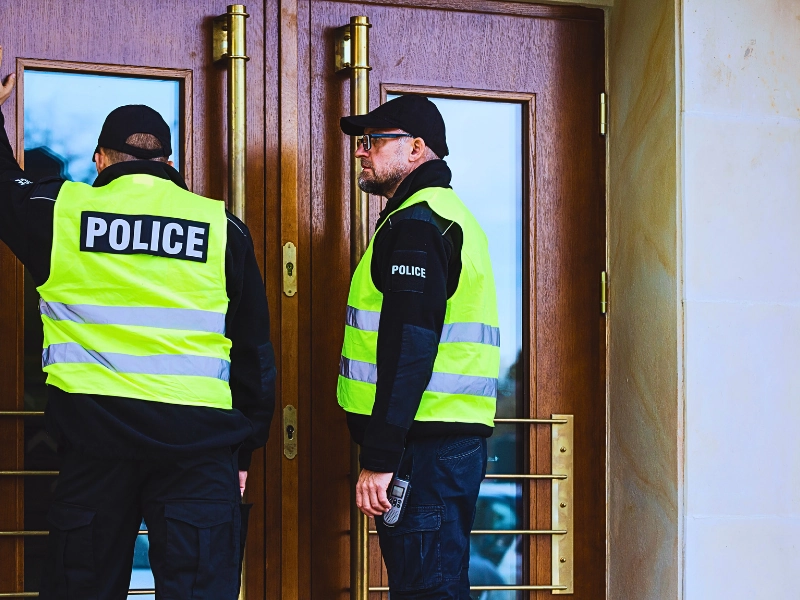In 2011, a 31-year-old man was pulled over for speeding in Itasca County, Minnesota. During a search of the vehicle, law enforcement found two jars of raw marijuana under the hood of his car. As a result, the man was charged with fifth-degree possession of a controlled substance. According to the Associated Press, the man argued that he had a medical prescription for the narcotic from California. The Minnesota Court of Appeals ruled that it didn’t matter and upheld the conviction.
As medical marijuana continues to be a hot-button issue across the country, more instances of people taking prescriptions across state lines may occur. Twenty-three states and Washington, D.C., have legalized marijuana for medical purposes, with two of those condoning recreational use as well. Minnesota only permits marijuana possession in certain forms of medically prescribed use.
The debate at hand
When the man was arrested three years ago, Minnesota did not have any laws on the books granting citizens medical use of marijuana. However, California did. The appeals court did not permit the man to admit his prescription as evidence. Therefore, he argued that he was denied the right to present a defense and that he was not afforded equal protection under the law.
This past May, the appeals court ruled that Minnesota still classifies the drug as a Schedule 1 substance, which is why people found in possession are often charged with drug offenses. Further, the panel of three judges found that the state did not have to accept another state’s ruling.
On the books
It is important for people to understand the medical marijuana law in Minnesota as well as its limitations. For example, those with a prescription for the drug may only use it in one of the following forms:
- Pill
- Oil
- Vapor
Additionally, physicians may only prescribe marijuana to people who have been diagnosed with a select few medical conditions such as Crohn’s disease, cancer or seizures. Due to the restrictions, researchers have found that nearly 33,000 people will not receive the medication they need because they cannot smoke the marijuana leaf. Additionally, there are only two dispensaries statewide.
Minnesota state law makes it a felony to transfer a medical marijuana prescription to someone else. Outside of those penalties, consequences of non-medicinal possession range from a $200 fine and mandatory drug education for a first offense to extended prison sentences. Anyone with questions regarding how the state’s legal system handles marijuana laws should consult with a defense attorney.






